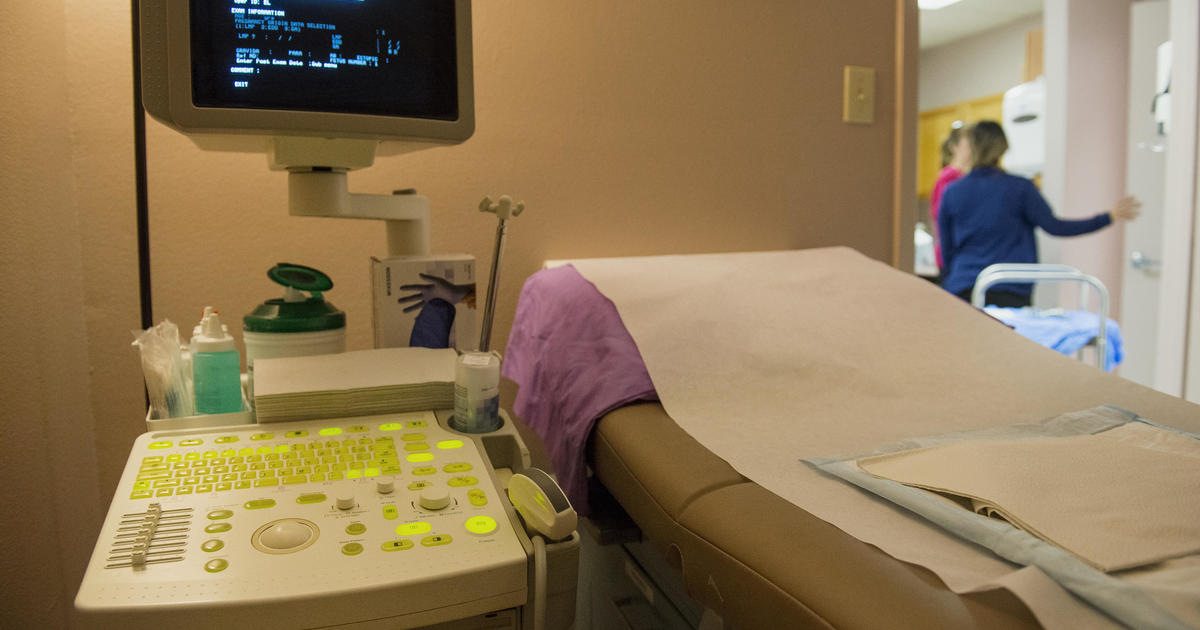
Five things to know now that the Supreme Court has overturned Roe v. Wade
CBSN
The Supreme Court's decision in Dobbs v. Jackson Women's Health Organization dramatically and rapidly alters the landscape of abortion access in the U.S. The court on June 24 ruled 6-3 to uphold a Mississippi law that would ban abortion after 15 weeks of pregnancy, but also to overturn the nearly half-century precedent set in Roe v. Wade that guaranteed the constitutional right to an abortion. With the Dobbs decision, states have the ability to set their own restrictions, so where people live will determine their level of access to abortion.
The majority opinion, written by Justice Samuel Alito, stated that "the Constitution does not confer a right to abortion; Roe and Casey [Planned Parenthood v. Casey, 1992] are overruled; and the authority to regulate abortion is returned to the people and their elected representatives."
Almost immediately after the decision was released, protests and celebrations outside the court and across the country began — highlighting the patchwork of laws and restrictions that now will take effect. State officials from conservative states said they would move quickly to restrict abortion, while in other states, some officials pledged to keep the right to access.
